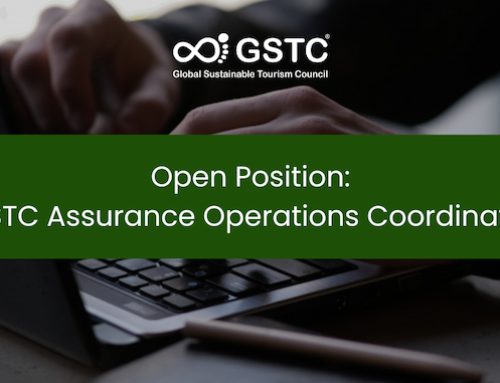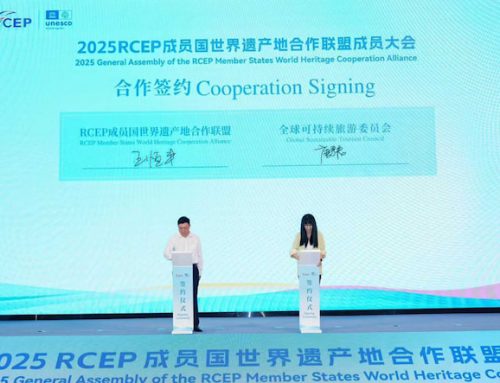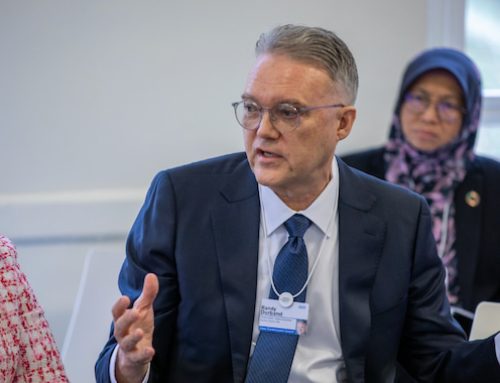The Global Sustainable Tourism Council (GSTC) participated in the Cruise Lines International Association (CLIA) Ports & Destinations Dialogue 2025, which took place on 8–9 September in Hamburg, ahead of Seatrade Europe. The event gathered cruise lines, port authorities, destination representatives, and other key stakeholders to exchange views, identify opportunities for collaboration, and address the challenges facing the cruise sector today.
CLIA brought back the highly requested Ports & Destinations Dialogue following demand from the industry. Designed as a forum, the Dialogue provided an opportunity for participants to come together and discuss how to achieve a future of sustainable growth and development.
The program featured plenary discussions, networking sessions, and dedicated exchanges on topics such as sustainable tourism, media strategies for ports and destinations, and the importance of engaging local communities, among other key issues. Stakeholders explored strategies for balancing economic opportunities with environmental responsibility, underlining the growing importance of sustainability in shaping the future of cruise tourism.
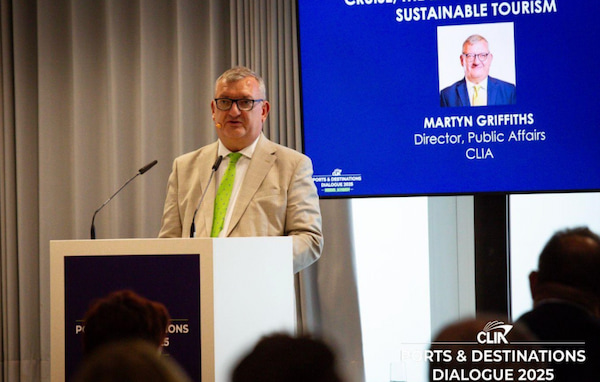
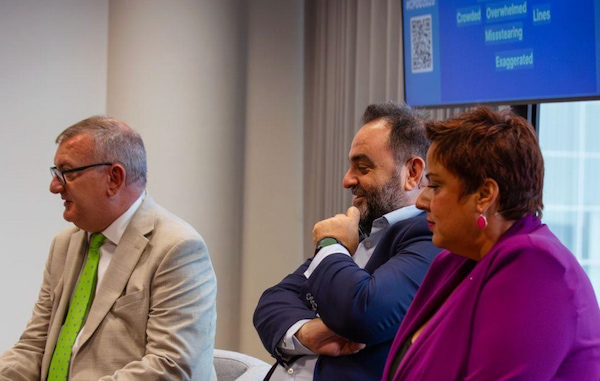
Representing GSTC at the Dialogue, Dr. Ioannis Pappas, Program Director of GSTC for the Mediterranean Region, participated in the event through the session dedicated to Sustainable Tourism, along with colleagues: Martyn Griffiths, Director, Public Affairs CLIA, Claudine Pohl, CEO, Lemoneight; Mark Robinson, Managing Director, Baleares Consignatarios S.L and Stella Soutsou, Cruise Passenger Services Manager, Greece, Wilhelmsen Port Services AS.
Dr. Pappas highlighted the importance of the GSTC Standards (previously known as GSTC Criteria), which serve as the global standards for sustainability in travel and tourism, and emphasized that sustainable practices not only protect natural and cultural assets but also strengthen the resilience and long-term competitiveness of destinations.
“Assessing destinations provides the essential baseline to understand where we stand and how we can improve. To move forward, cruise destinations need stronger capacity building for local stakeholders and innovative technological tools to address overtourism effectively. Most importantly, we must clearly define who truly manages a cruise destination: it is not only the port or the DMCs, but the local SMEs, entrepreneurs, and communities who live there. Greater engagement with them is crucial for ensuring that cruising brings real value to destinations and their people.” Said Dr. Pappas.

